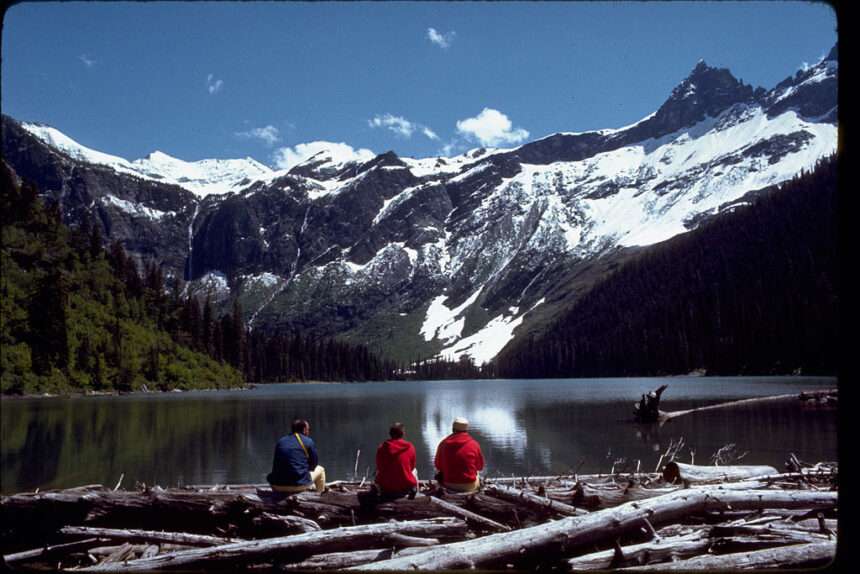Glacier National Park. Photo Credit: National Park Service
On August 14th, a judge in Montana made a landmark ruling that could have dramatic influence on the future of the climate justice movement. Sixteen young plaintiffs, aged 5 to 22, came together with the non-profit law firm Our Children’s Trust to sue the state of Montana for violating their constitutional rights.
Montana’s constitution has an unusual feature, promising “The state and each person shall maintain and improve a clean and healthful environment in Montana for present and future generations.” The recently passed Montana Environmental Policy Act clearly flies in the face of that right, as it prohibits the state from assessing the climate impacts of mining and industry projects and thereby prevents the state from denying permits based on greenhouse gas emissions or other climate impacts.
The youth gave powerful testimony about the significant climate-driven hardship that they are already experiencing. They focused much of their testimony on traditional hunting, fishing, and foraging, such as decreased yields of huckleberries and rising water temperatures harming fish populations. They also mentioned the ever increasing threat of wildfires, which are becoming a truly existential threat in much of the western United States and many other regions around the world. Judge Kathy Seeley agreed with them, and struck down the Montana Environmental Policy Act in an unprecedented move that has generated much excitement amongst climate activists.
Surprisingly, the state’s attorneys barely tried to make a defense, arguing merely that the legislature should be the only body to make changes to the law, not the judiciary. It seems likely that the state’s defense strategy will be to repeatedly appeal this decision, bargaining on the assumption that at least one of the higher courts will side with the corporate interests that the law was so clearly designed to benefit. The effectiveness of this strategy remains to be seen, but it is pretty easy to imagine that another judge will get creative in their interpretation of constitutional language in order to rule in favor of corporate profits and against the people, as we have seen so many times before.
Regardless of what happens next, this moment is inspiring for the climate justice movement, and hopefully it will spur more litigation. Our Children’s Trust already has a similar lawsuit underway in Hawai’i. Unfortunately, only 6 states include rights to a quality environment (the others are Illinois, Massachusetts, New York, and Pennsylvania) but the precedent set by this ruling may still influence other state judges and legislators to be more bold in their efforts to protect communities and keep fossil fuels in the ground.
Just transition is all about grassroots efforts and local solutions, while at the same time recognizing that all of us are profoundly connected. JTA celebrates the young Montanans who took it upon themselves to fight for a better future for all of us. We all need to engage in courageous and creative struggles in our homeplaces, as local and state governments are capable of making substantial progressive changes. We also need to coordinate our efforts and act in solidarity, supporting and promoting each of the important initiatives, fights, and successes, as JTA does when engaging federal and international policy arenas. Our local communities and workplaces must determine their own paths toward just transition, and yet we all must do it together, united in our diversity through alliances of grassroots groups and the broader movement ecosystem.
Congratulations Montana! We are right here with you, and all of us will continue to build momentum to make the most of your inspiring victory.

